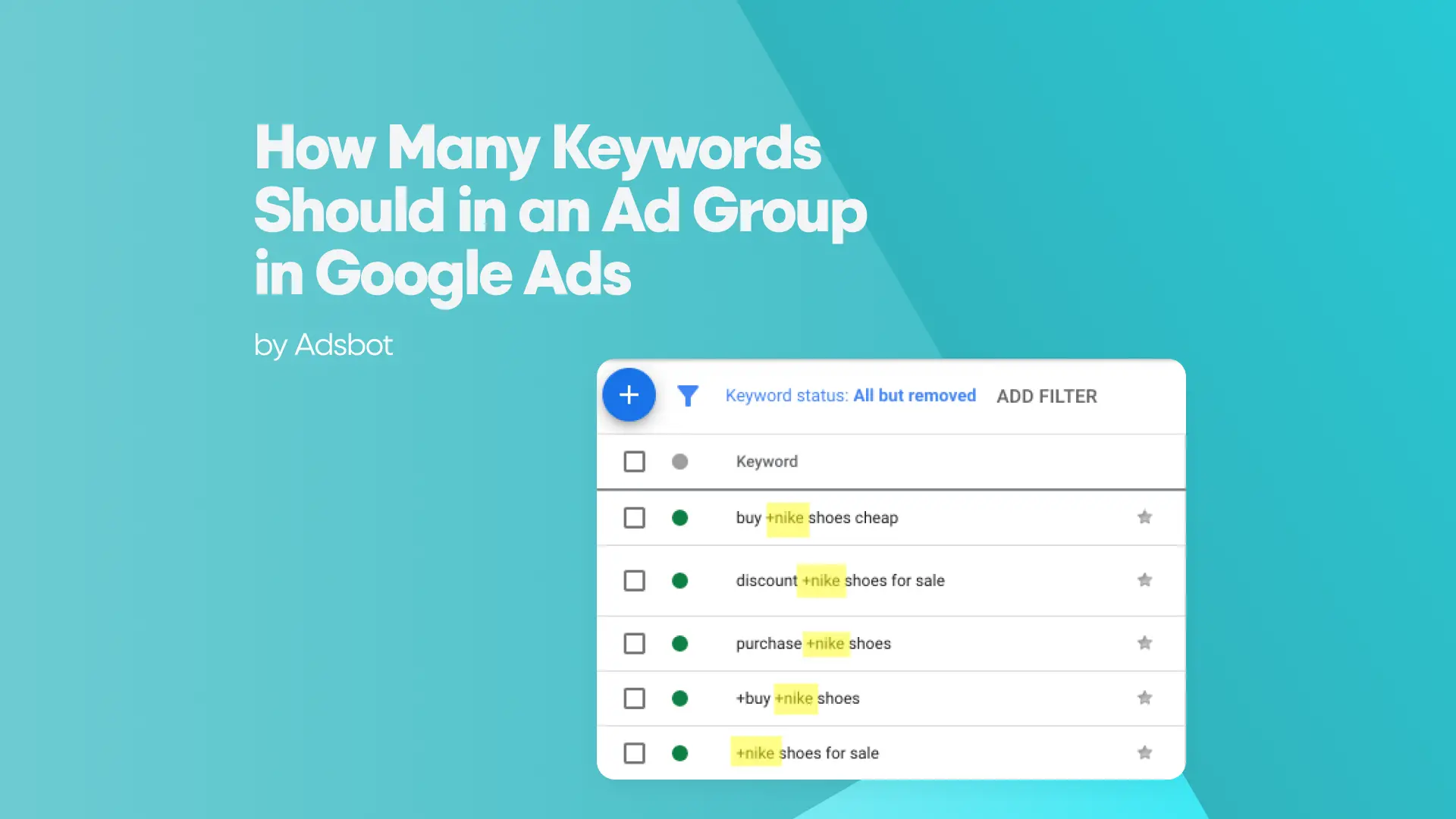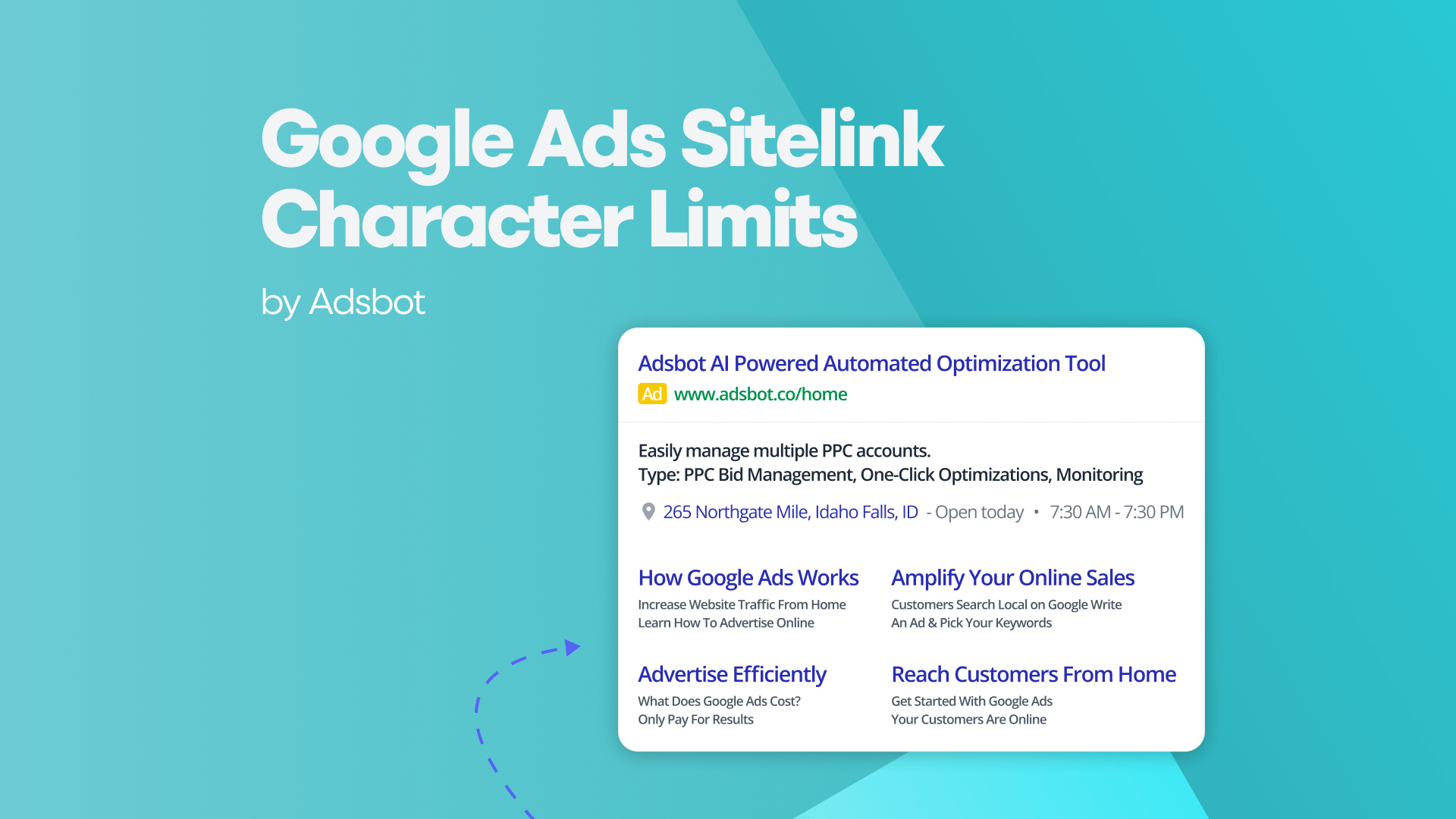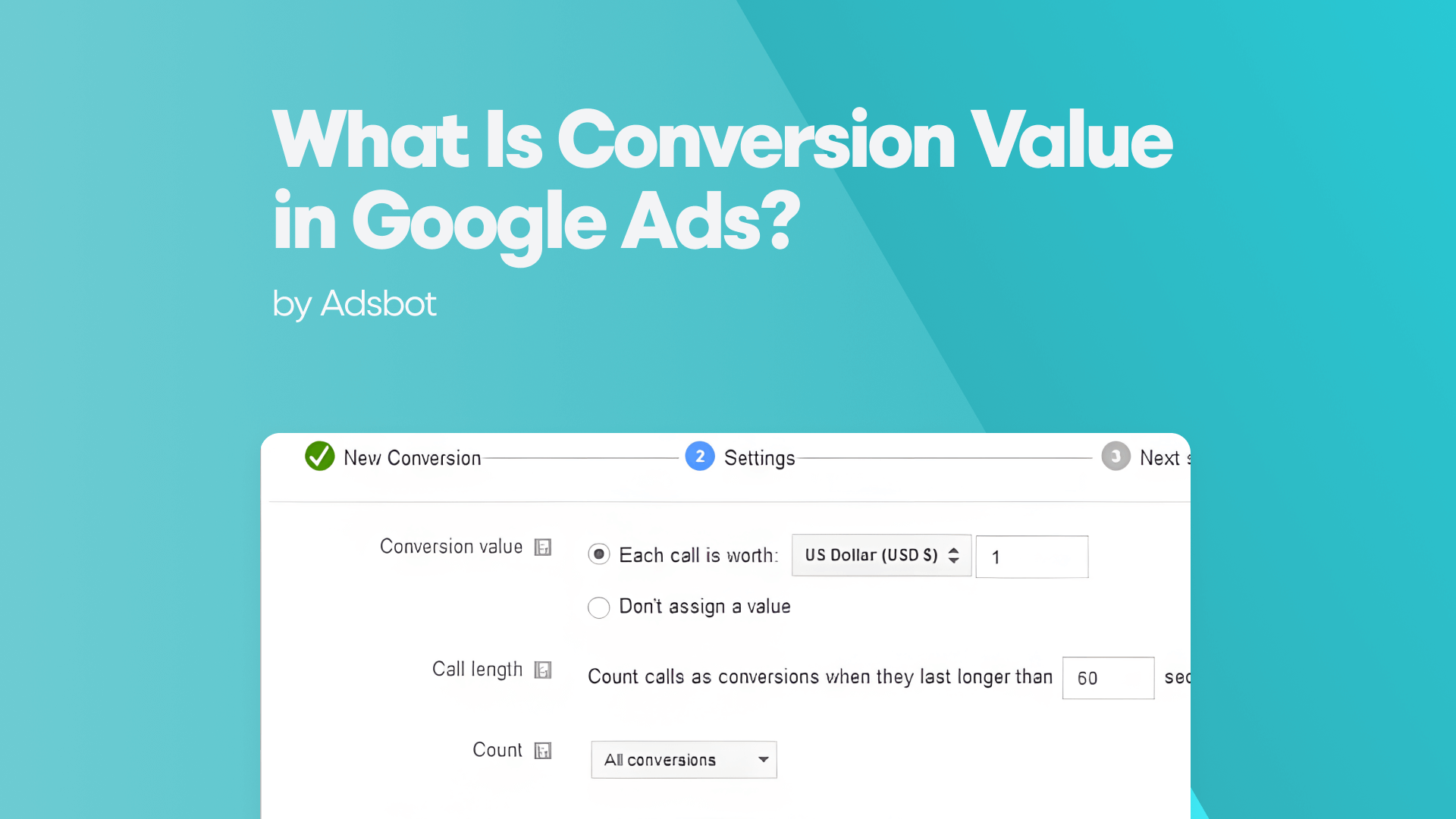When it comes to running successful campaigns on Google Ads, one of the most important factors is setting the right budget. Google Ads allows businesses to control how much they spend, but understanding how to allocate your budget effectively can make the difference between a profitable campaign and one that underperforms. In this article, we’ll dive into the budget formula in Google Ads, explain how to balance your budget, and offer tips on planning a realistic budget that helps you achieve your advertising goals.
Budget Formula in Google Ads
In Google Ads, your budget determines how much you’re willing to spend per day on a campaign. The right budget ensures that your ads run frequently enough to reach your target audience while keeping costs under control. Google Ads uses a daily budget, which means that each day you set a budget limit for your campaign, and Google will try to get the most value from that budget based on your bidding strategy.
The formula for your Google Ads budget is:
Daily Budget = Total Budget ÷ Campaign Duration
For example, if you have a total budget of $1,000 and plan to run the campaign for 30 days, your daily budget would be:
$1,000 ÷ 30 = $33.33 per day.
This is the basic formula, but effective budgeting involves more than just dividing your total budget by the days you want to run the campaign. To optimize your Google Ads budget, you must consider factors like your target cost-per-click (CPC), conversion goals, and the overall competitiveness of your industry. To calculate your cost per click, simply use Adsbot’s CPC calculator.
Budget Balance Formula
A budget balance formula is an essential tool for ensuring that your Google Ads campaigns run effectively without overspending. Google Ads provides flexibility in how your daily budget is spent, but the key is to find a balance between reaching your audience frequently and staying within your financial limits.
Here’s how to balance your Google Ads budget:
- Determine the maximum amount you’re willing to spend: This is your overall budget limit, and it should be based on your business goals. Be realistic about what you can afford and how much you are willing to spend to reach your target audience.
- Set an appropriate daily budget: Once you have your total budget, divide it by the number of days you want your campaign to run. Remember, Google Ads allows some flexibility in your daily spending. Some days, Google may spend a little more than your daily budget, while on other days, it might spend less. However, Google aims to balance out your spending over the month so that you don’t exceed your monthly budget.
- Consider your bid strategy: If you are using manual bidding, your budget allocation will depend on your bids. Higher bids typically mean higher costs per click (CPC), so it’s important to adjust your bids to ensure you’re not overspending.
- Adjust for performance: Monitor the performance of your ads daily. If you’re exceeding your budget but not seeing the desired results, consider reducing your daily budget or adjusting your bids. Conversely, if you’re not spending enough to generate significant impressions, increasing your budget can help improve visibility.
By balancing your budget, you can ensure that your Google Ads campaigns are cost-effective while still driving valuable traffic to your website.
Google Ads Budget Calculator
A Google Ads budget calculator is an excellent tool for helping you plan and optimize your advertising spend. While Google Ads itself provides a basic budgeting interface, using a calculator can offer deeper insights into how different factors like CPC, conversion rates, and campaign duration can affect your budget.
Here’s how to use a Google Ads budget calculator:
- Set Your Campaign Goals: Decide on the objectives of your campaign. Are you aiming for clicks, conversions, or impressions? Understanding your goal will help you estimate the right budget for your campaign.
- Estimate the Cost Per Click (CPC): Your cost per click is the amount you are willing to pay for each click on your ad. You can use Google Ads’ Keyword Planner tool to estimate CPC based on your industry and keywords. CPC varies depending on your competition, so it’s important to consider how competitive your keywords are.
- Determine Your Conversion Rate: A conversion rate is the percentage of visitors who complete a desired action on your website (e.g., make a purchase or fill out a contact form). Knowing your typical conversion rate allows you to estimate how many conversions you can expect based on your budget.
- Calculate Your Budget: Once you have your CPC and conversion rate, use the following formula to estimate your Google Ads budget:
Budget = (Desired Conversions ÷ Conversion Rate) × CPC
For example, if you want 50 conversions, have an estimated conversion rate of 2%, and a CPC of $2, the calculation would be:
Budget = (50 ÷ 0.02) × 2 = $5,000
This gives you an estimate of how much you should spend to reach your conversion goal.
Using a Google Ads budget calculator can help you allocate your resources more effectively, ensuring you’re not underfunding or overspending on your campaigns.
How to Plan Your Google Ads Budget
Planning your Google Ads budget involves more than just calculating costs; it’s about aligning your ad spend with your business goals and ensuring that your campaigns are optimized for the best possible results. Here’s how you can plan your budget:
- Know Your Business Goals: Start by defining what you want to achieve with your Google Ads campaigns. Are you trying to increase sales, generate leads, or promote brand awareness? Understanding your goals will help you determine how much you should spend.
- Research Your Industry’s Average CPC: Different industries have different costs per click. For example, highly competitive industries like legal or finance often have higher CPCs. Use Google Ads Keyword Planner or industry reports to get an idea of what you can expect to pay for your target keywords.
- Set a Realistic Budget: Don’t overestimate the potential of your campaigns. Set a budget that aligns with your expected returns. If you’re new to Google Ads, it’s recommended to start with a modest budget and gradually increase it as you learn what works for your business.
- Monitor and Optimize: Your budget should be flexible. Keep a close eye on how your campaigns are performing, and be ready to make adjustments. If you’re getting great results, consider increasing your budget to expand your reach. If your ROI is lower than expected, consider adjusting your bids or revising your targeting.
- Use Bid Strategies: Choose the right bid strategy for your campaign objectives. Whether you choose manual CPC, Target CPA, or Target ROAS (Return on Ad Spend), selecting the right strategy ensures that you’re using your budget wisely to achieve your goals.
By carefully planning your budget, you can optimize your Google Ads campaigns for better performance and a higher ROI.
What Is a Realistic Budget for Google Ads?
A common question among new Google Ads users is, “What is a realistic budget for Google Ads?” The answer depends on several factors, including your industry, campaign goals, and competition. There is no one-size-fits-all answer, but here are a few considerations to keep in mind:
- Industry Competitiveness: Industries like legal services or insurance often have high CPC rates due to competition, while niches with less competition may have more affordable CPCs.
- Business Size: Smaller businesses may start with a modest budget of $500 to $1,000 per month, while larger enterprises may allocate tens of thousands of dollars per month to their campaigns.
- Campaign Goals: If your goal is to generate leads or sales, you’ll need a budget that reflects your conversion objectives. A budget of $1,000 per month may be enough for some small businesses, but others may need more, especially if targeting a wide audience.
- Testing and Scaling: Starting with a smaller budget to test different ad variations, keywords, and targeting options is recommended. Once you identify what works, you can scale your budget accordingly.
A realistic budget is one that enables you to run effective campaigns, gather data, and make informed decisions about your ad spend, all while staying within your financial means.
Setting the right budget for your Google Ads campaigns is crucial for ensuring you get the most out of your advertising spend. By understanding the budget formula in Google Ads, using tools like the Google Ads budget calculator, and planning your budget based on your business goals and industry competitiveness, you can optimize your campaigns for success. Regular monitoring and adjustments are key to maintaining an effective budget that maximizes your ROI.
By following these strategies, you can confidently manage your Google Ads budget and drive better results for your business.
Popular Posts
-
How Many Keywords Should Be In an Ad Group in Google Ads?
For the vast majority of modern campaigns, the ideal number…
Read more -
Google Ads Script for Dummies: An Introduction
Imagine you have an e-commerce website that sells licensed superhero…
Read more -
Google Ads Sitelink Character Limits
Your Google Ads are cutting off in the middle of…
Read more -
What Is Conversion Value in Google Ads?
What if you could put a price tag on every…
Read more
Register for our Free 14-day Trial now!
No credit card required, cancel anytime.





